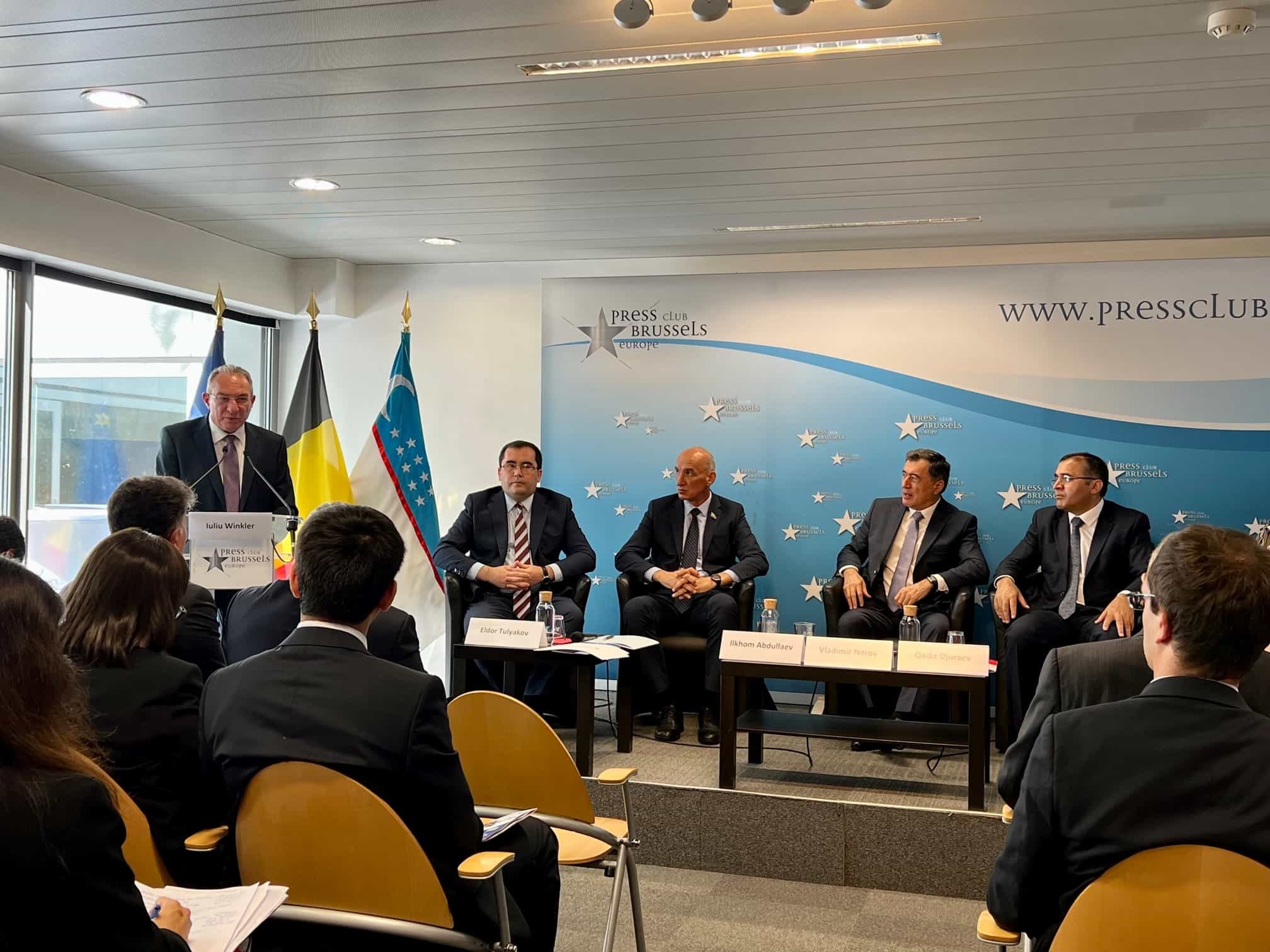Speech delivered by MEP Iuliu Winkler during the Roundtable “Constitutional Reforms: Basis for Ensuring the Rule of Law, Security and Free and Fair Civil Society”, organized by the Ministry of Foreign Affairs of Uzbekistan, in the Press Club of Brussels.
Dear Ladies & Gentlemen,
Your Excellency Mr. Vladimir Norov, Minister of Foreign Affairs
Your Excellency Ambassador Dilyor Khakimov,
I am happy to speak here today at the roundtable on Constitutional Reforms in Uzbekistan, and emphasize their focus on the rule of law, and engagement with civil society. Amongst the constitutional innovations, I welcome measures taken to support civil society institutions and involving them in the reforming of the state. I see that reforms seek to build social partnerships between NGOs and the state while ensuring non-interference of state bodies in the work of NGOs.
I underline the importance of the publication of various key documents on the efforts to reform the state. These include the law on combating corruption, the national strategy on human rights, the strategy on countering extremism, alongside the strategy on gender equality and the state policy on interethnic relations.
These reforms have to be seen in the broader context of enhanced EU-Uzbek relations. In July 2022, the EU and Uzbekistan have signed an Enhanced Partnership and Cooperation Agreement (EPCA). The EPCA replaces the PCA of 1996 and brings bilateral cooperation to a qualitatively new level. It should be noted that this Agreement is no longer a framework, but creates a full-fledged mechanism for comprehensive cooperation between the EU and Uzbekistan. It includes new areas such as foreign policy, security, conflict prevention and crisis management, personal data protection, asylum and border management, combating illegal migration, organized crime and corruption and countering terrorism. The EPCA also includes provisions related to trade and investment, including customs administration, technical regulation, sanitary and phyto-sanitary (SPS) measures, fair competition and dispute settlement.
Talking about trade, I want to highlight the important participation of Uzbekistan in GSP+. This status was granted in April 2021. It benefits from trade preferences, based on the correct implementation of 27 international conventions. We include here important conventions on sustainable development, labor and environmental protection. In addition, significantly, political freedoms, independent judiciary and anti-corruption campaigns are key conditions for granting the trade preferences. All these efforts demonstrate EU support for the reforms and modernization processes of the Uzbek State.
I was able to see for myself some of the realities of Uzbekistan some years ago, and now I am really happy to acknowledge that the positive trends I saw back then, have continued and have even been accelerated.
Finally, I wish to stress the positive feedback of an EU GSP+ monitoring mission to Uzbekistan in March 2022. EU officials from DG Trade, DG Employment, Social Affairs & Inclusion and the EEAS participated. The feedback was generally very good. The mission reported progress on the elimination of forced and child labor in cotton harvests, for instance. The EU Ambassador in Tashkent has highlighted, “This first monitoring mission confirmed Uzbekistan’s commitment” [in the implementation of international obligations].
In conclusion, I acknowledge your sincere efforts and wish you ‘good luck’ in future endeavors that aim to reform Uzbekistan, in line with the principles of good governance, fair competition and sustainable development. I look forward to our future cooperation!








